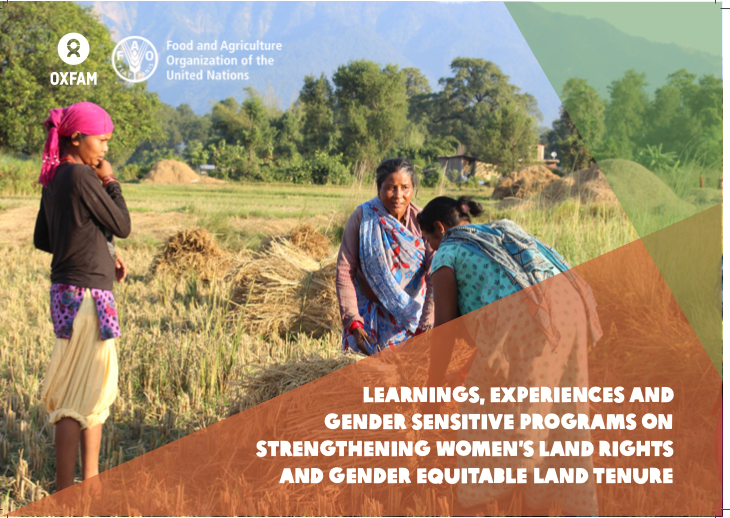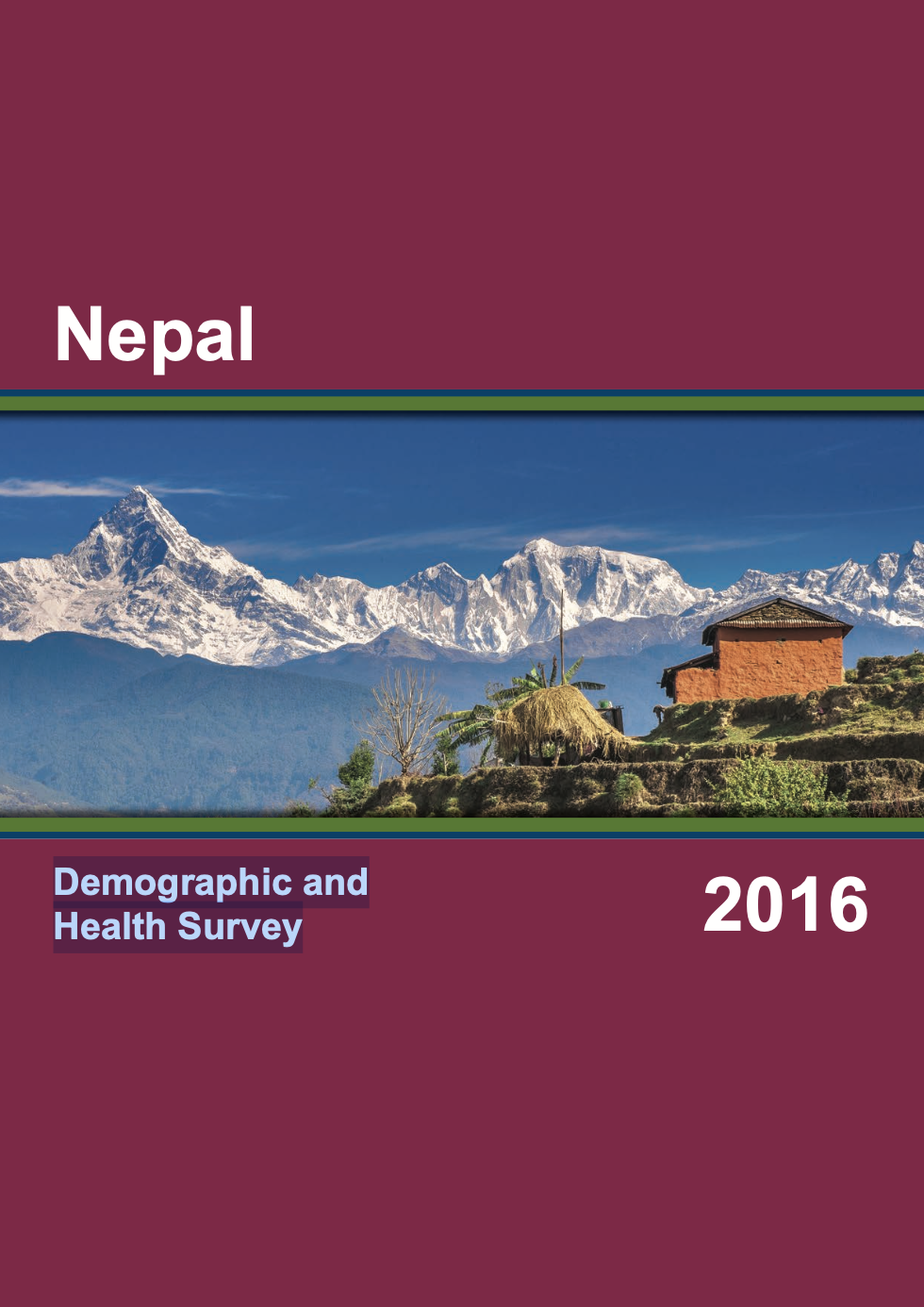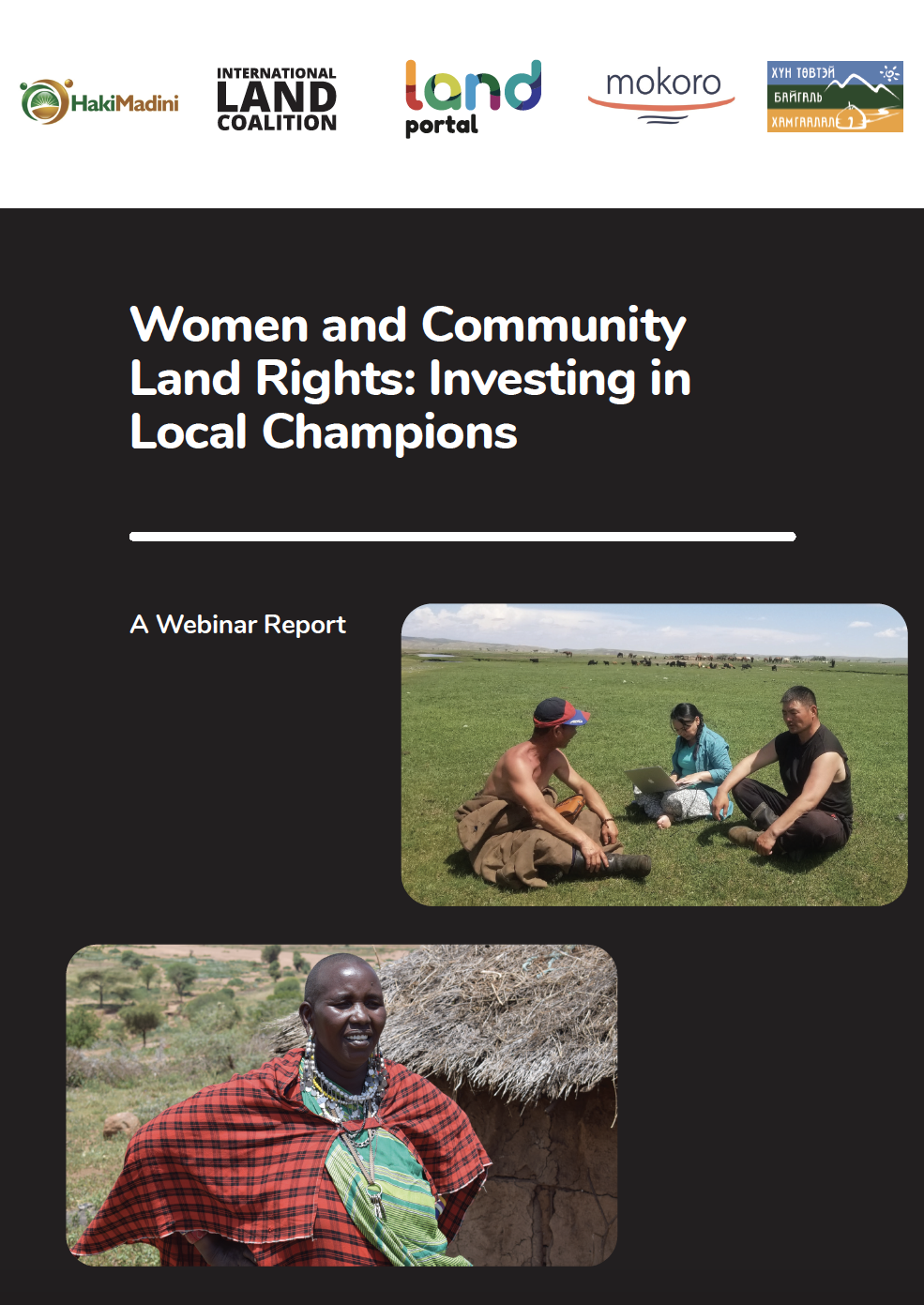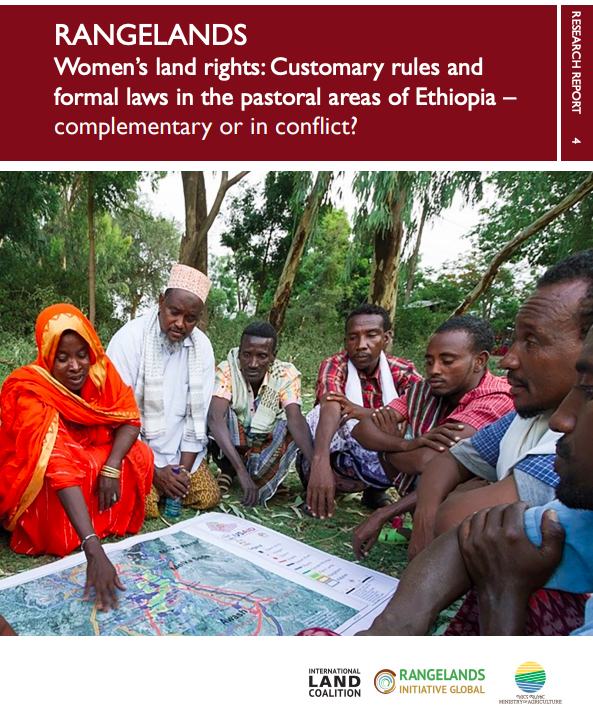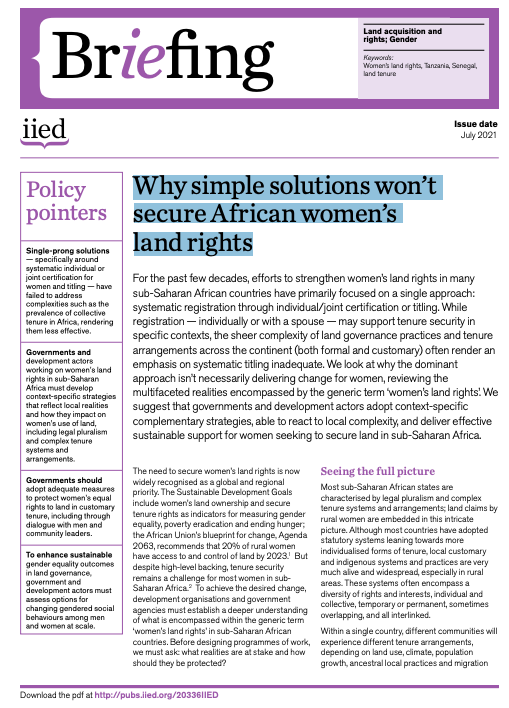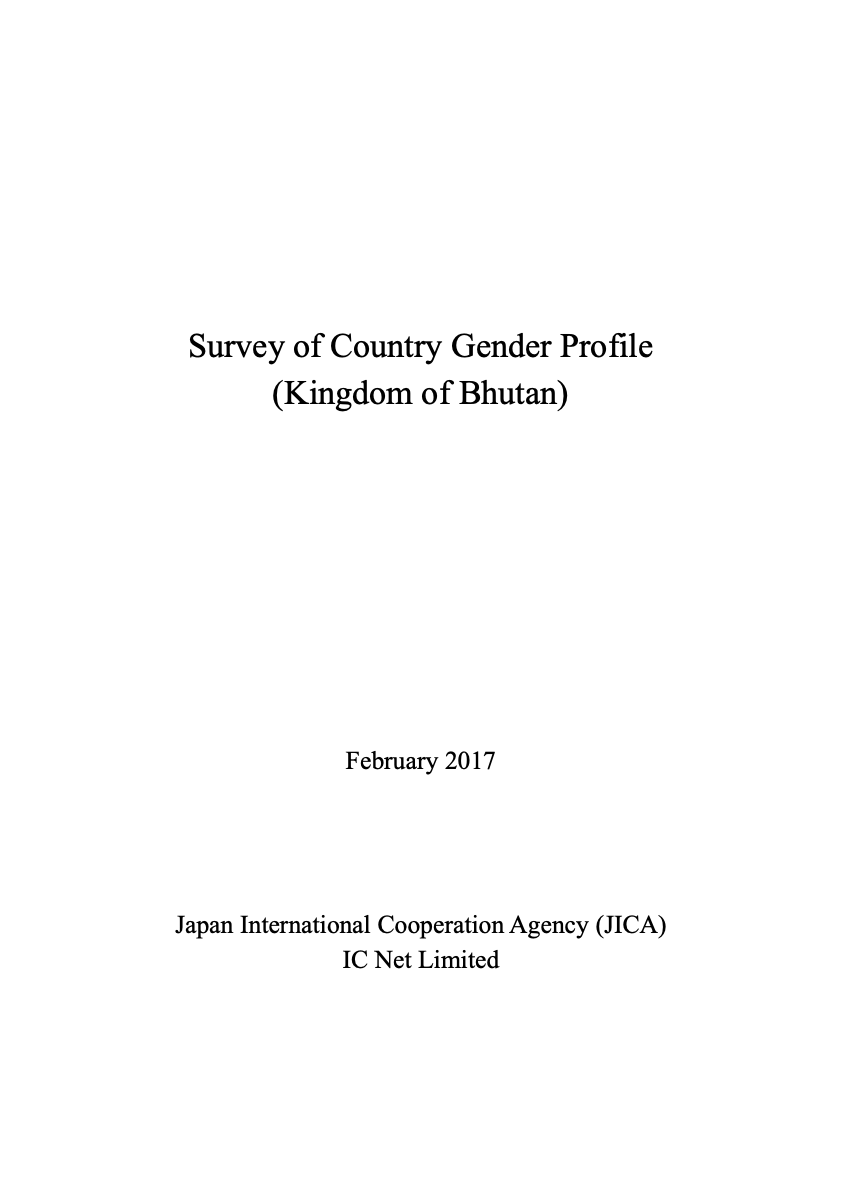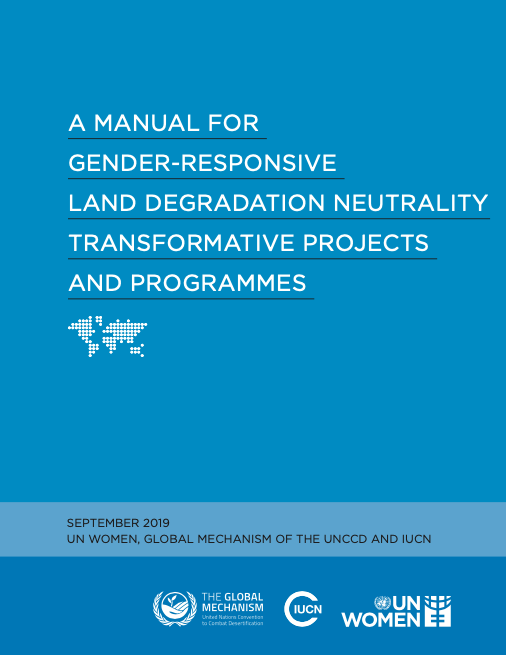In the Face of Threats and Invasions in the Forests, Communities Defend and Reclaim Their Life Spaces
The articles in this Bulletin are written by the following organizations and individuals: National Coordinator for the Defense of the Mangrove Ecosystem (C-CONDEM), Ecuador; Yayasan Pusaka Bentala Rakya (Bentala Raya Heritage Foundation), Indonesia; Venezuelan Observatory of Political Ecology and members of the WRM international secretariat in close collaboration with several allies who are part of grassroots groups in different countries.


